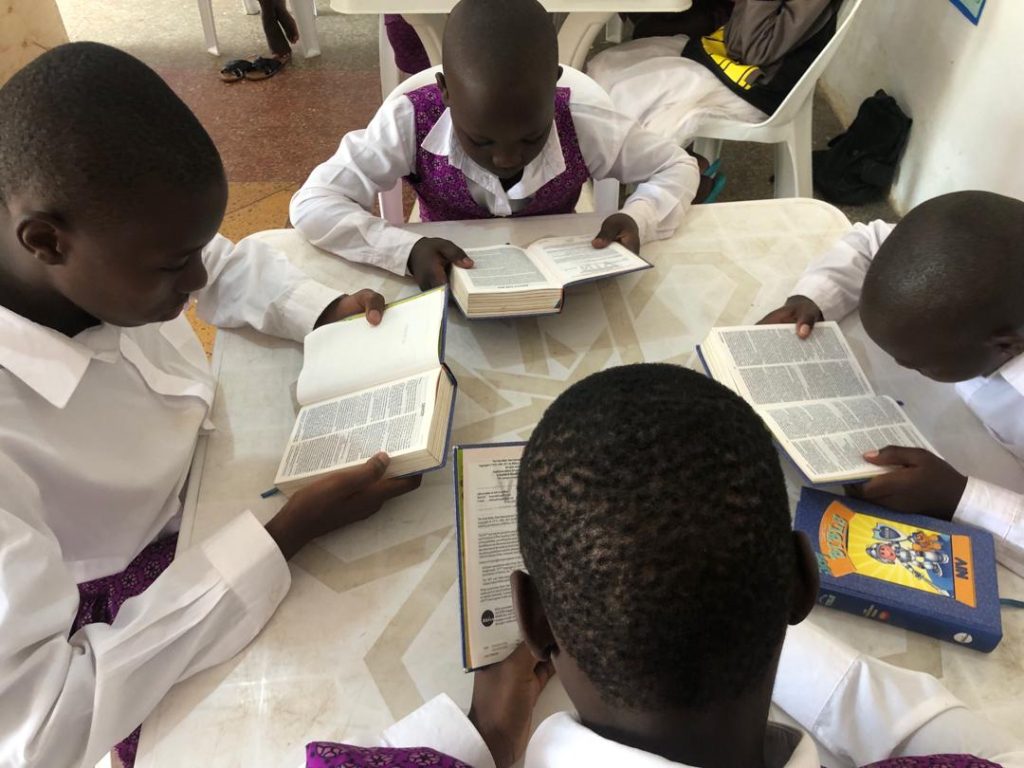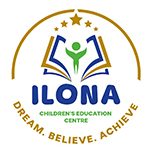What Problem is ILONA responding to?
It is clear from research evidence that the trauma of sexual violence against children, more specific in this case, against girls, results into impaired executive function, evidenced by poor school performance, loss of interest in school, and dropping out of school.
In Development and Psychopathology, Trickett et al (1994) present research evidence that there is a direct causal relationship between severe abuse like sexual violence, and classroom performance, avoidance, and erratic behaviour.
The research demonstrates that abuse is directly negatively related to ratings of classroom social competence, learner competence, and overall academic performance and results into school avoidant behavior. They also demonstrate that sexual abuse is negatively related to cognitive ability and positively related to measures of behavior problems indicating depression, destructiveness, and dissociation. They illustrate that cognitive ability and perceived competence predict the more “academic” aspects of school performance like grade ratings as a competent learner, and overall academic performance; and that behavior problems predict ratings in areas like classroom social competence, school avoidant behavior, which influence overall academic performance. Trickett et al (1994). Page 183-184.
Daignault & Hebert (2009) give statistics from a study of Canadian speaking sexually abused 7-12 year-old girls showing that 39% displayed academic difficulties, 24% repeated a grade, 15% were enrolled in a remedial class, 48% reported below average grades, and over 37% displayed cognitive ability below 25%. Their research highlights that facts that in sexually abused children, cognitive ability and memory scores as well as academic achievement are lower than their peers. This research also highlights findings that maltreatment in the first five years of life nearly triples a child’s likelihood of having academic problems.

Though there is a high incidence of child sexual abuse in Uganda, (35% of girls in Uganda suffer sexual abuse, the majority before age 13), there is currently no Ugandan research highlighting the relationship between sexual abuse and executive function. However, strong evidence amongst rescued girls suggests that there must be a relationship, which prompted setting up the ILONA education Centre.

The school model
The ILONA children’s education centre integrates 30 abuse survivor children with 40 other children who do not have learning problems, who are seeking an ordinary education in an excellent school. The centre recruits 70 children every year.
We believe that after 5 years, each cohort of 30 children will be able to learn and thrive in any learning environment, so they can leave and join ordinary schools.
